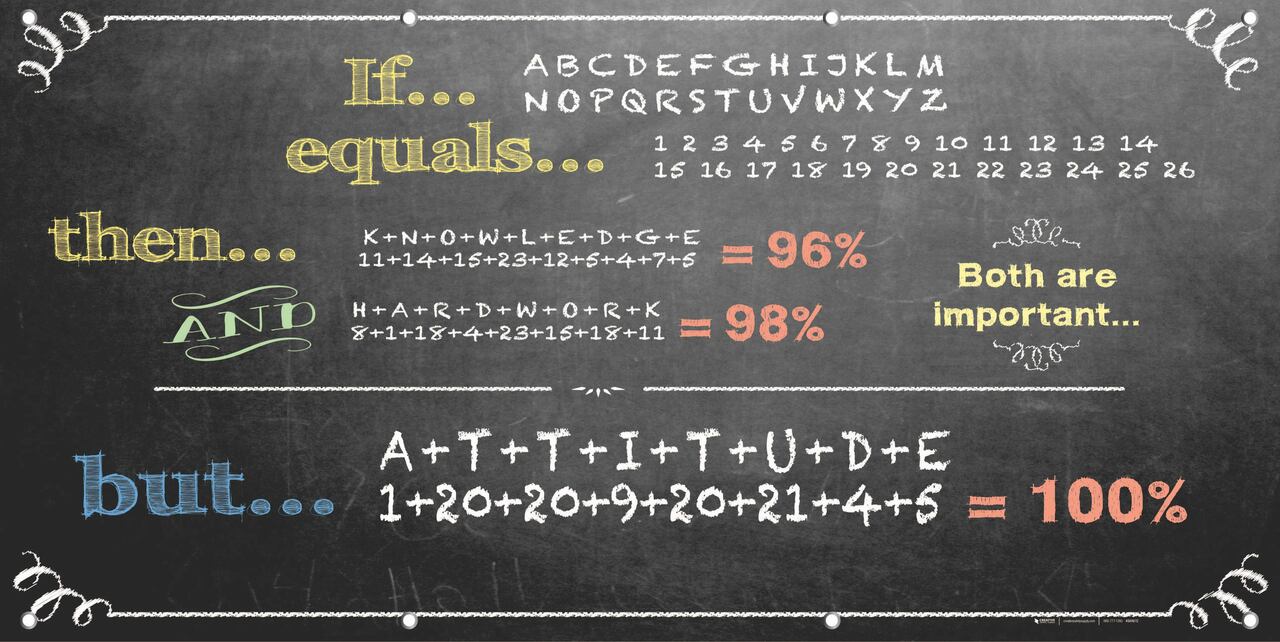KNOWLEDGE, skills, and attitude or KSA are the component faculties of employee competency, determinant of work performance and organizational growth or development.
Knowledge refers to cognitive or mental abilities to recognize, understand, retain, and process information, facts, patterns and concepts.
Skills pertain to the physical abilities – like movement, coordination, application of knowledge, or dexterity – used to perform specific work activities or tasks.
Attitude involves feelings or emotions – appreciation, liking or disliking, motivation, etc. – about someone (relationship) or something (values and beliefs).
KSA as applied to work may be demonstrated, thus: I know my work (knowledge) – I can do my work (skills) – I like or I am happy about my work (attitude).
The underlying thesis in any corporate training or learning and development (L & D) is that harnessing the employees’ KSA (knowledge, skills, and attitude) is essential in developing their human capital capacity (or competency) in order to attain organizational growth, profit, and sustainability.
However, in the traditional paradigm, most training or learning programs have focused more on the development of knowledge and skills because they are the most observable and easiest to measure.
While, sadly, attitudes are the least addressed as they are the most difficult for people to develop, and the hardest as well to measure for results.
But, in my years of conducting various types of human resource trainings to different organizations and companies (both government and private), and learning from my senior trainer-partner who’s been my excellent mentor, we have always given much emphasis or premium on attitude more than knowledge and skills.
My senior colleague-mentor would always stress that “knowledge and skills combined would only make 40% impact on employees’ work performance and productivity, but attitude makes for 60%.”
Which I can no less agree. Because, if an employee does not have the right disposition or motivation in his or her work, or if he or she is not happy in his/her job and has difficulty in relating with workmates, or worse if he or she does not find himself/herself or any meaning at all in his/her work – how can you ever expect him or her to perform productively?
Whereas with the right attitude, the right disposition or motivation, and with effective integration between employees’ individual value orientation and the organization’s values and beliefs, as well as being imbued with a workable work-life balance – the knowledge and skills can follow through easily, and optimum performance and productivity can be easily achieved too.
Interestingly, notwithstanding the compelling reasons for the eminence of attitude over knowledge and skills, the numerical significance of its letters may as well provide the plausibility of “attitude over knowledge and skills” theorem. Consider the following:

Image from Creative Safety Supply
If...
A, B, C, D, E, F, G, H, I, J, K, L, M, N, O, P, Q, R, S, T, U, V, W, X, Y, Z
Equals...
1,2,3,4,5,6,7,8,9,10,11,12,13,14,15,16,17,18,19,20,21,22,23,24,25,26
Then...
K+N+O+W+L+E+D+G+E
11+14+15+23+12+5+4+7+5 = 96%
And
S+K+I+L+L+S
19+11+9+12+12+19 = 82%
Both are important, but they fall below 100%
But...
A+T+T+I+T+U+D+E
1+20+20+9+20+21+4+5 = 100%
Verily, indeed, more than knowledge and skills, it is attitude that can best define your work, success and happiness.

